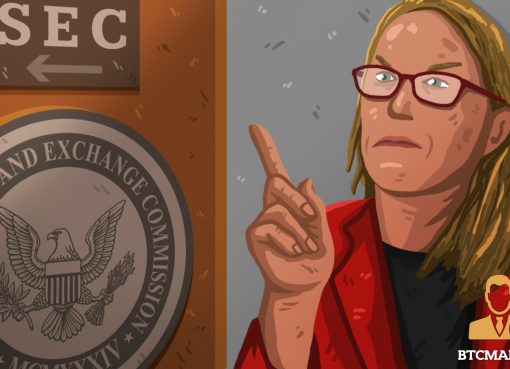BOCI, the investment banking subsidiary of the Bank of China, has successfully launched tokenized structured notes valued at 200 million offshore renminbi ($28 million) on the Ethereum blockchain.
This marks the bank’s inaugural attempt at issuing a tokenized security in Hong Kong and also sets a precedent as the first Chinese financial institution to take such a step.
The launch was accomplished in partnership with UBS, the originating entity.
In an official statement, UBS highlighted the novelty of the issuance, describing it as the first endeavor of its kind in Asia Pacific region, being tokenized on the Ethereum (ETH) blockchain under both Hong Kong and Swiss laws.
This transaction introduces regulated securities into the realm of public blockchain technology.
This development comes on the heels of UBS’s own issuance of a $50 million tokenized fixed rate note on a permissioned blockchain, completed under English and Swiss legislation in December of the previous year. Meanwhile, Robinhood, a popular trading platform, reported a considerable 43% decrease in crypto trading volumes in May.
Ying Wang, the deputy CEO of BOCI, expressed her perspective on the achievement. She emphasized BOCI’s dedication to facilitating the simplification of digital asset markets and products for Asia Pacific customers through the advent of blockchain-based digital structured products crafted particularly for this demographic.
Wang also noted BOCI’s commitment to furthering the digital and innovative transformation of Hong Kong’s financial sector, inspired by the progress of the city’s digital economy.
Hong Kong has been a hub of crypto-related activity since it unveiled its new guidelines for the crypto industry on June 1. In an earlier announcement this month, First Digital stated it was on the cusp of launching a novel stablecoin, which would be tethered to the U.S. dollar but regulated in Asia.




